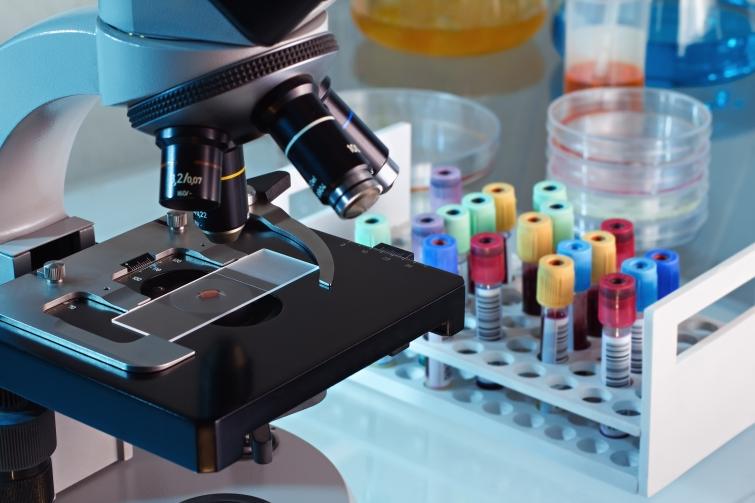
 News
News
Why some patients develop resistance to new class of anti-cancer drugs
In a study published in Nature Cell Biology, the team from the Wellcome/Cancer Research UK Gurdon Institute and their collaborators show that Shieldin – so-called because it shields the ends of broken DNA – regulates DNA repair and could be a useful marker for identifying which patients are likely to respond poorly to PARP inhibitors. “As we improve our understanding of these DNA repair networks and how they interact, we should be able to better predict the responsiveness of an individual patient’s tumour to specific therapies”, said last author Steve Jackson.
The DNA in our cells is susceptible to damage caused by external factors such as sunlight or smoking, or internal factors including our genetics. One form of damage is when both strands of the DNA double helix break – this can lead to cell death, so cells have various repair mechanisms to fix the damage.